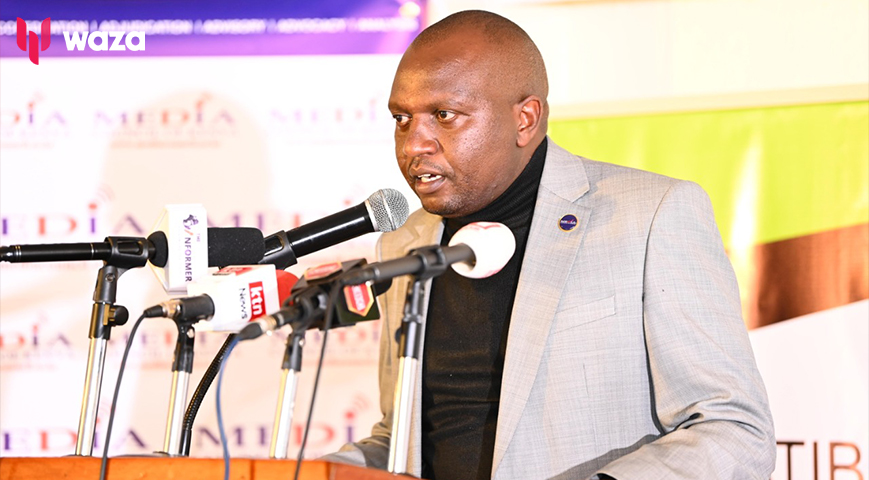The Media Council of Kenya (MCK) has raised concerns over the worsening relationship between the media and the government, which has devolved into a series of accusations and counter-accusations, especially regarding coverage of ongoing public demonstrations.
According to the council, the conflict began with perceptions of biased media coverage during the 2022 General Election and has since escalated into a significant confrontation. "The ongoing accusations highlight a simmering tension between the government and the media, leading to confusion and unease across the country," MCK stated in a Monday release.

"What began as a perception of biased media coverage during the 2022 General Election has now escalated into a full-blown conflict between the government and the media, resulting in unwarranted threats, blame games, coercion, intimidation, and bad blood," the statement continued.
The MCK also criticized the government's inconsistent messaging and lack of coherent narratives, despite its significant investment in communications and media advisors such as editors, journalists, and communication consultants.
Did you read this?
Additionally, the council noted the irony of the political class, previously divided during elections, finding reasons to collaborate while the media and the government continue to view each other as adversaries. The council emphasized that both entities share a common public interest, including a commercial and editorial relationship.
Those from Lang'ata have decided to walk to JKIA. Tupatane Tajmall. #OccupyJKIA pic.twitter.com/VJ4K9AdIER
— Kaiser Mwadime, HSC (@KaiserMwadime) July 23, 2024
The MCK warned against using commercial interests to retaliate against editorial positions and vice versa, urging both parties to focus on their national responsibilities as outlined in the Kenyan Constitution. "Using commercial interests to retaliate against editorial misgivings is no better than using editorial positions to avenge unmet commercial expectations," the MCK said.
The council also highlighted that while the Kenyan Constitution guarantees a free, fair, and independent media focused on the public interest, mutual affection between the media and the government is not a requirement. The MCK criticized certain senior government officials for using their right to free expression to make accusations and threats against the media, arguing that this approach is counterproductive.
"While some senior government officials have exercised their right to freedom of expression by making accusations against certain media houses, using expletives and threats against the media and selected journalists is not the way to go," the council added. The council also cited perceived media bias in guest selection for broadcast programs and framing national conversations.
Don't say a thing. Just retweet widely.#OccupyJKIA
— Okoa Kenya (@RegereaSam) July 23, 2024
Tajmall pic.twitter.com/bUbyHsZpaU
In contrast, the media has highlighted a lack of credible government voices and consistent messaging. According to the MCK, the strained government-media relationship has created a dilemma for Kenyans, who are torn between a government that views the media as irresponsible and a media that portrays the government as out of touch and hostile.
"Kenyans are caught between a 'good' government that believes the media is bad and irresponsible and a good media that portrays the government as bad, out of touch, and hostile," the MCK added. "The Media Council of Kenya believes that, just as a bad government is better than no government at all, a flawed media is a million times better than no media at all."
To resolve the deadlock, the MCK urged the government and the media to find common ground and prioritize national unity. The council recommended that the government instruct the police to stop harassing journalists and depersonalize media-government relations, while the media should commit to professional reporting that does not escalate violence.









